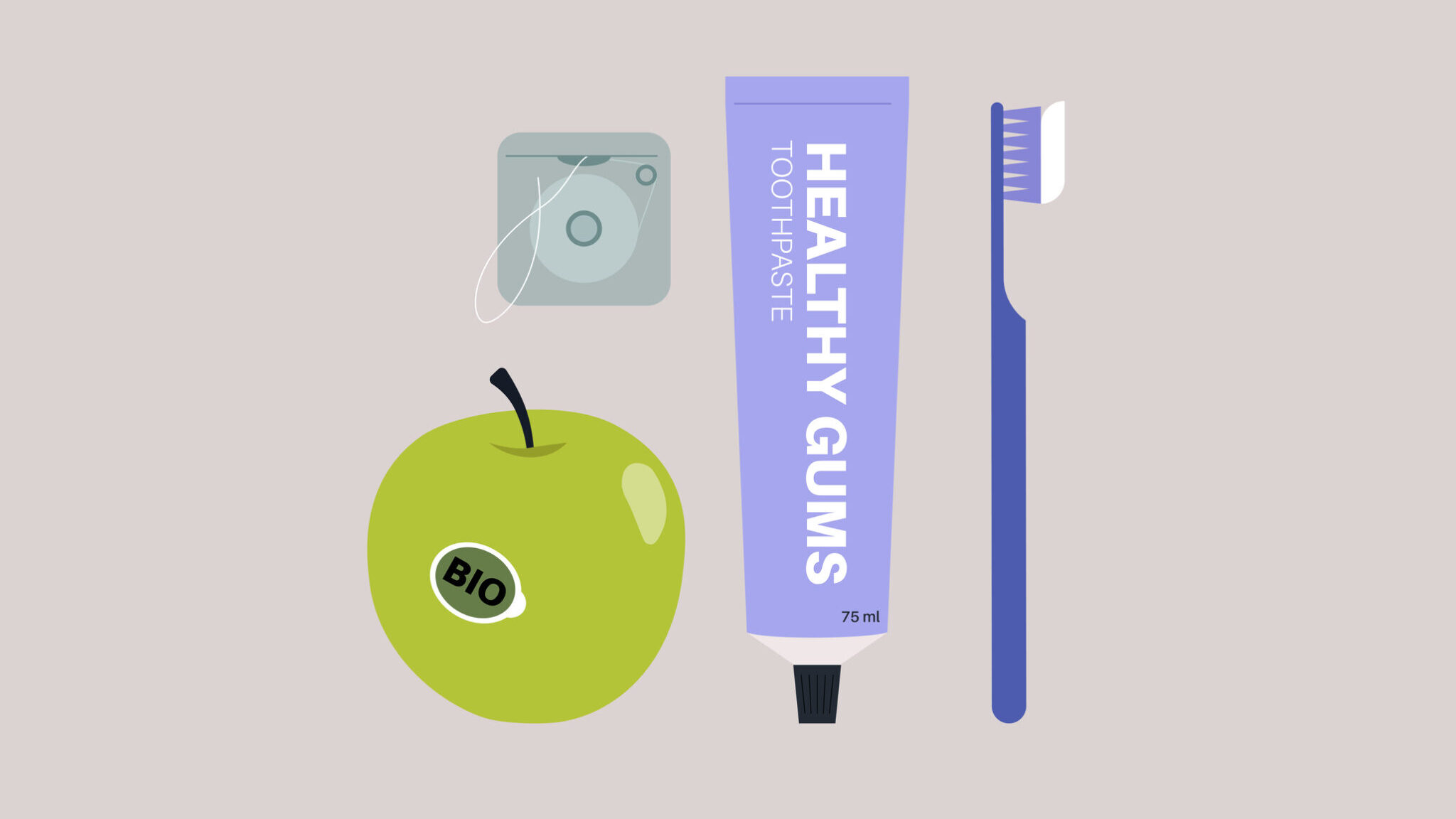
Studies show that 3 out of 5 dentists will face fraudulent activity in their offices at some time during their career. The alarming statistic leads one to wonder how many dental offices are experiencing this at some level and either don’t know what is happening or may be aware that something is wrong but don’t want to take action due to the fear of repercussions from the fallout.
The Robin Hood Syndrome
There is a saying that the road to hell is paved with good intentions. In many cases, the person responsible for the fraudulent actions may have been thinking that she was doing something good to help the patient receive his/her full benefit entitlement. By changing the codes to help the office or the patient receive 100% of the fees and not to have to deal with the co-payments, she is doing something good for the patient.
For example, one office manager was creating invoices for the insurance company for double the amount of the treatment because the patient only had 50% coverage for ortho. Long after the patient had completed the treatment, the manager continued to submit claims for ortho creating false claims to the patient’s insurance company. The result was that the doctor had to reimburse the insurance company $16,000 and write a letter of apology, even though he had no knowledge of these claims being submitted. In the eyes of the insurance company, the dentist is responsible for all claim submissions.
Insurance fraud is a crime with many victims. So who are they?
Victim #1 – The Patient – (who is victimized twice)
The patient is victimized by his/her insurance benefits sometimes being maxed out. If a patient realizes that something is wrong with their insurance benefit entitlement and it is the result of what is happening at your office, they will blame you, because you are the dentist. The victim will not know, or care, that you have had an employee working for you who did these acts without your knowledge or consent.
Over-utilization of insurance benefits will result in employers not purchasing dental benefits for their employees. Dental insurance is the most costly component of a group insurance benefits plan. If the costs for the premiums rise due to the inflated utilization rate that was created by false claims, employers are likely to drop dental benefits from their employee benefits packages. When employers are faced with economic stresses, paying premiums for dental benefits become too cost prohibitive to sustain. The patient is now victimized a second time because they lose their employer paid benefit.
Victim #2 – The Doctor – Guilty Until Proven Innocent
If insurance companies launch an investigation and the doctor is aware of some problems that exist, but does not act on them, he/she is considered the prime suspect. In other words, the insurance company will assume that the doctor is responsible and hisher hands are dirty. Some insurance companies can, and will, deny any future claims that come from your office. You are considered guilty until proven innocent.
The doctor will also be expected to pay the insurance company back all payments that were received from fraudulent claims. That can become an administrative nightmare to sort out which claims were legitimate and which were no , costing the doctor both time and money.
In some cases the doctor may have his/her license suspended or revoked if they knowingly allowed insurance fraud to occur and did nothing about it after it was discovered. You are responsible for the actions of your employees because it is assumed that they work under your direction.
Victims #3, 4, 5… – Collateral Damage
If the doctor and or hygienist loses their licenses, who will treat the patients? Also, the jobs for the remaining staff are in jeopardy making them victims as well. A lot of honest, hard-working people can become the collateral damage of the perpetrator’s misguided actions and the doctor’s career can be ruined.
If you suspect that fraud is happening in your office, don’t wait, take action quickly and get professional advice. The risks consequences of not taking action far outweigh any disruptions that may occur. Perform frequent and random checks to ensure that the services you are actually performing are the same services that are being billed. Watch the observable behavioural of employees. In every case presented, it was the unusual or overly defensive behaviour of the employee that tipped off the dentist that something was wrong. Remember, that writing off co-payments, providing professional courtesies to cover co-payments, overbilling and changing codes is not helping the patients, it’s hurting them. Fraud is fraud and theft is a crime regardless of the intent.












